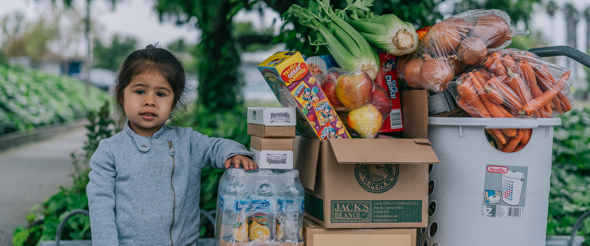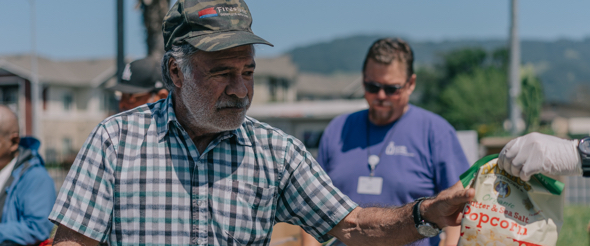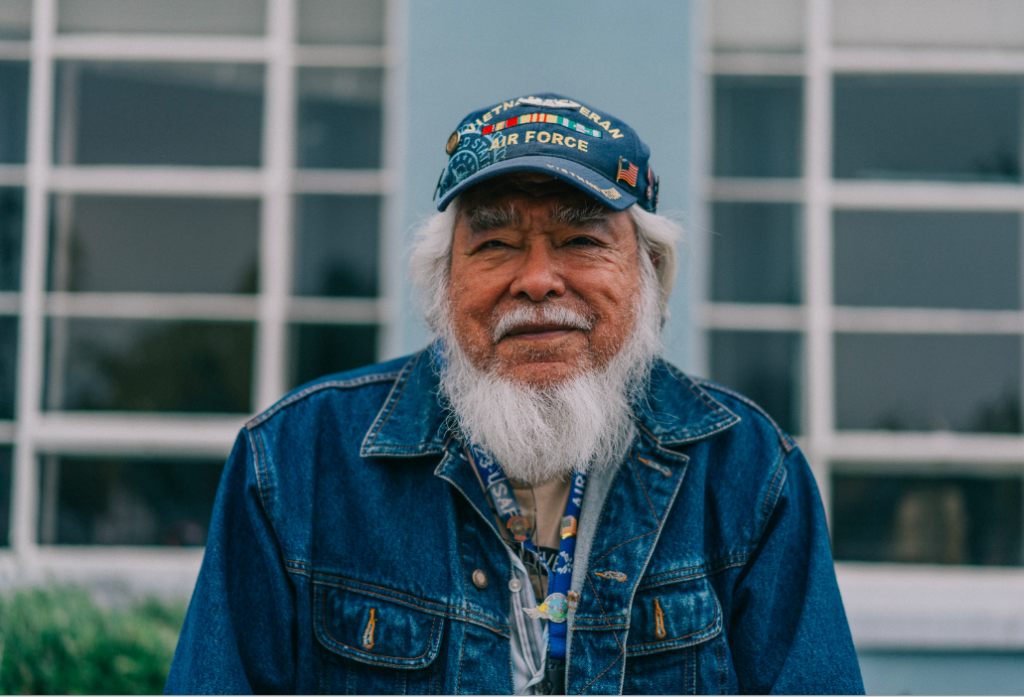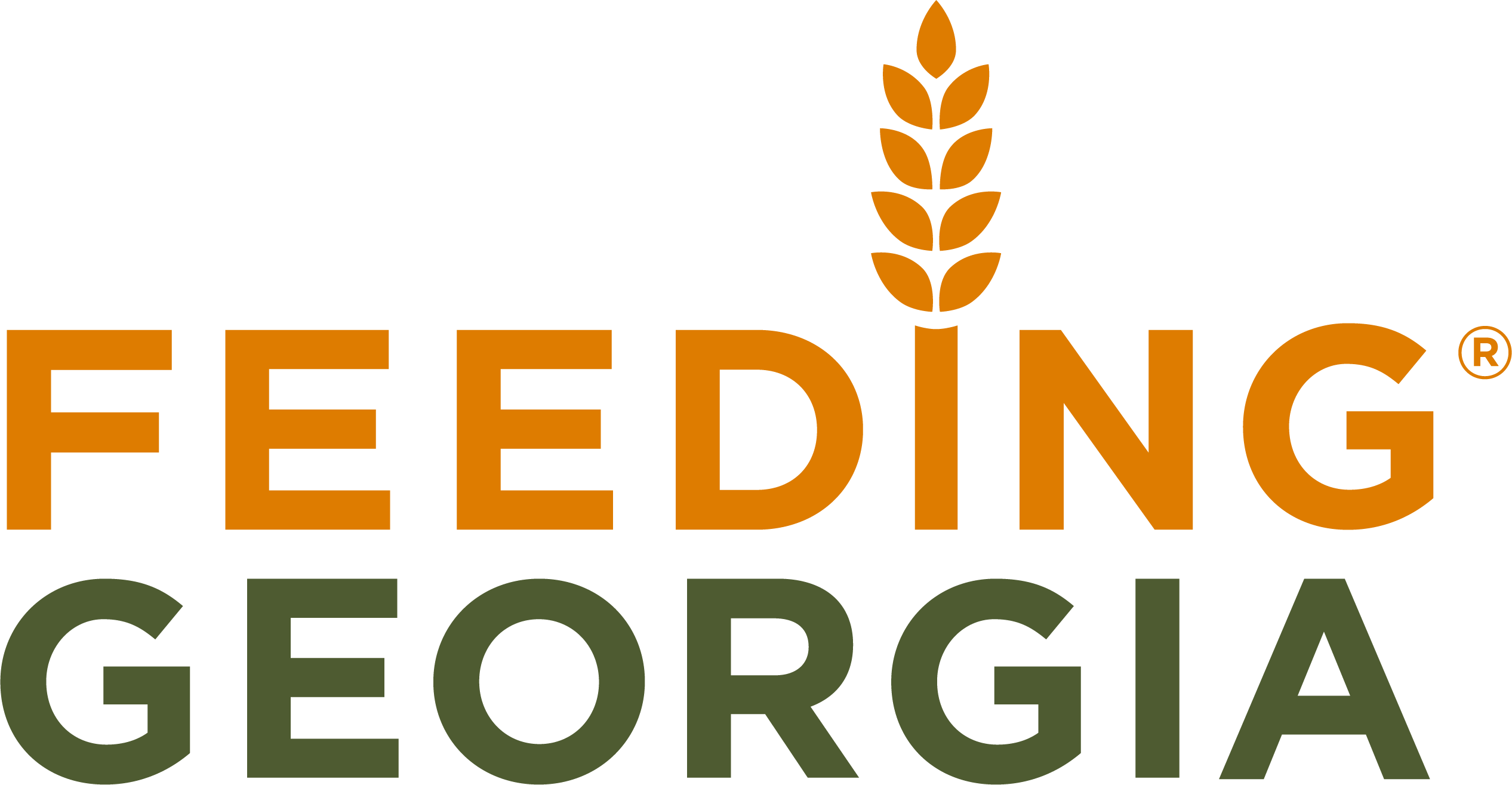Feeding Georgia
Together, leading a statewide effort to end hunger in Georgia.
Feeding Georgia is a 501(c)3 organization comprised of seven regional food banks working to end hunger in their local communities. Our member food banks work with more than 2,000 pantries distributing food throughout Georgia, adding up to more than 190 million pounds annually. We are leading a statewide effort to end hunger in Georgia, together
Georgia’s Regional Food Banks
Chattanooga Area Food Bank
Northwest Georgia Branch
Georgia Mountain Food Bank
Affiliated Food Bank
What We Do
Collaborate
We form statewide partnerships with public and governmental organizations, corporations, foundations, and different industries to secure and leverage resources to support our food banks.
- Statewide Industry Food and Fund Drive Competitions
- Capacity Building Grants
- Childhood Hunger Innovation Summit
Advocate
We educate legislators and the public about the work of our food banks and advocate for policies that support our mission to end hunger.
- Georgia State Tax Exemptions
- Federal USDA Programs
- National Conferences and Events
Coordinate
We help coordinate the logistics of efforts that involve multiple food banks to maximize efficiency.
- Disaster Response
- Strategic Planning and Best Practice Convenings
- Farm to Food Bank Program
WHY WE DO IT
Many families across the state do not have access to nutritious food in their community or if they do, they are unable to afford it. Without the means to purchase healthy foods, food bank recipients face tough choices about where to spend their money and what foods they eat.
%
Had to choose between food and medical care
%
Purchased inexpensive, unhealthy foods to stay within budget
%
Watered down food and drinks
%
Of households have at least one member with high blood pressure
%
Percent of households have at least one member with diabetes
Source: Feeding America – Hunger In America 2014 Georgia Report
Many families across the state do not have access to nutritious food in their community or if they do, they are unable to afford it. Without the means to purchase healthy foods, food bank recipients face tough choices about where to spend their money and what foods they eat.

Children
More than half a million children in Georgia don’t have consistent access to enough nutritious food. This can have long-term effects on their health and future. Kids who are food insecure are more likely to be held back a grade in elementary school, more likely to be sick and hospitalized, and more likely to have growth and developmental issues.
Learn more about Childhood Hunger

Seniors
For many seniors who are on tight post-retirement budgets, unexpected expenses lead to difficult financial decisions like having to choose between food, medicine and utilities. They often cut out more expensive, healthy foods to make ends meet. Unlike working age adults, seniors are less likely to recover from financial strain and are more likely to suffer negative health consequences from a poor diet.

Rural
People who live in rural Georgia face hunger at higher rates, in part because of the unique challenges living remotely presents. These challenges include an increased likelihood of food deserts with the nearest food pantry or food bank potentially hours away, job opportunities that are more concentrated in low-wage industries, and higher rates of unemployment and underemployment.

Working Poor
Often the families we serve have at least one working adult in the household. This means that people are trying to make ends meet but they’re underemployed. Their job might pay too much for them to qualify for government benefits, but it’s not enough to provide for a family.

Military
Pre COVID-19, 17.7% of client households had at least one member who has ever served in the military. 2.4% of clients households were active duty military. Job losses by spouses who work in the economy and school closures/remote learning are putting a strain on household budgets of active duty military families. Food Bank Agencies operating near Georgia’s military bases are reporting an increase in the number of veterans and active duty families seeking help. Georgia food banks are opening pantries on bases and delivery meals for kids in remote learning. We are advocating for a Basic Needs Allowance supplement for some 10,000 members of the military nationwide whose base pay is less than 130% of poverty.
